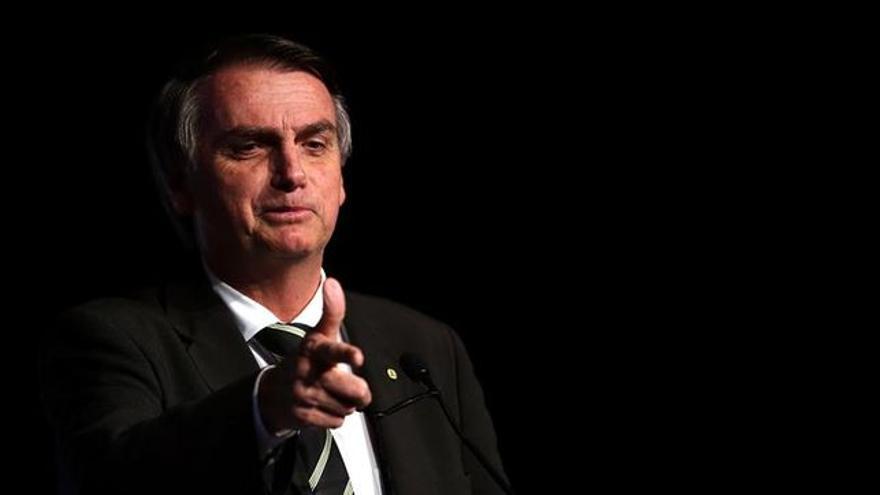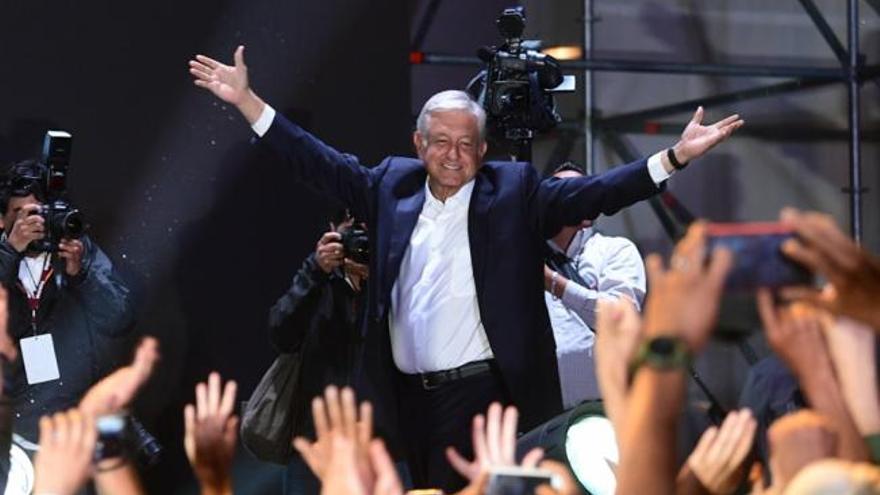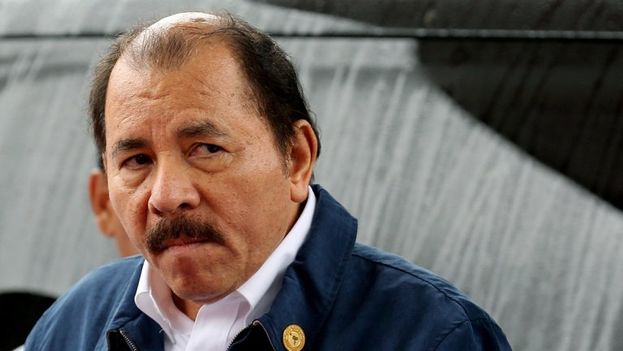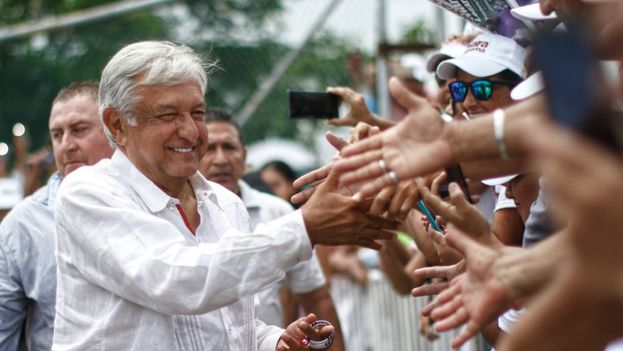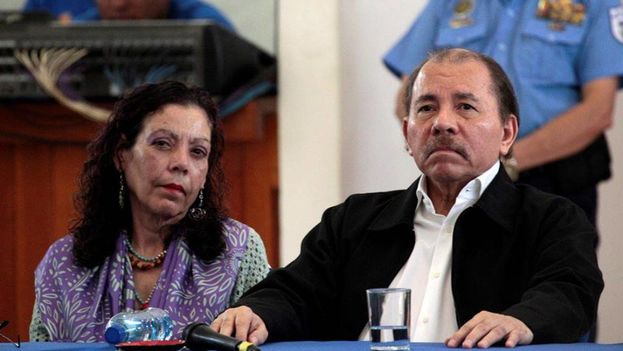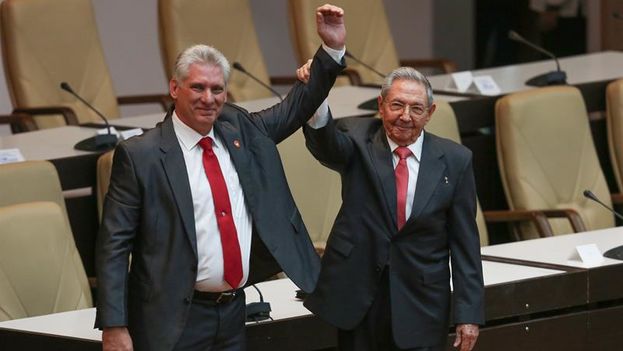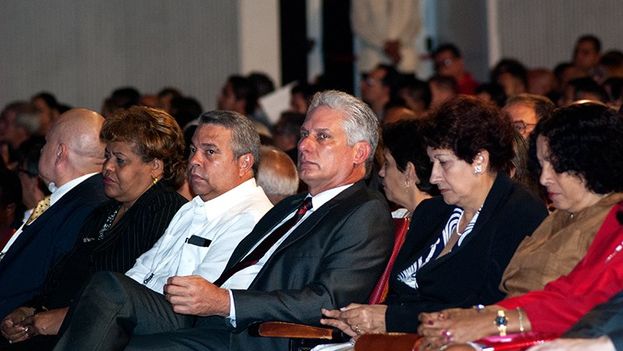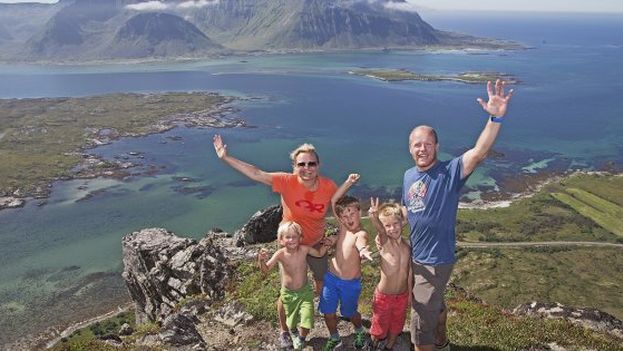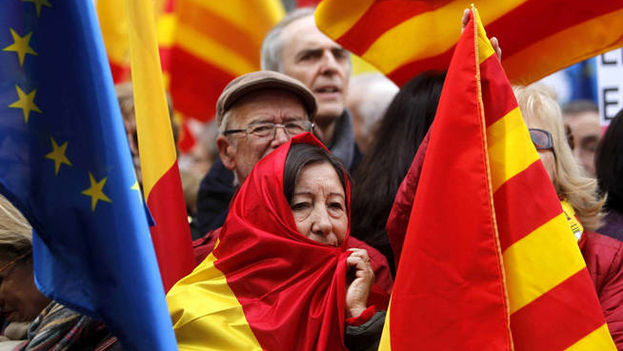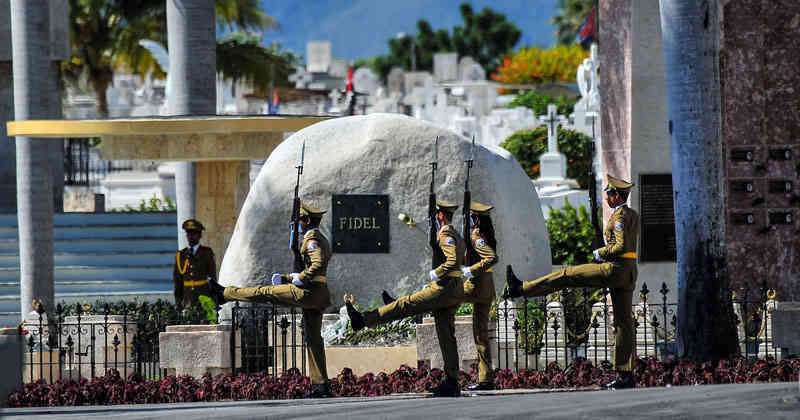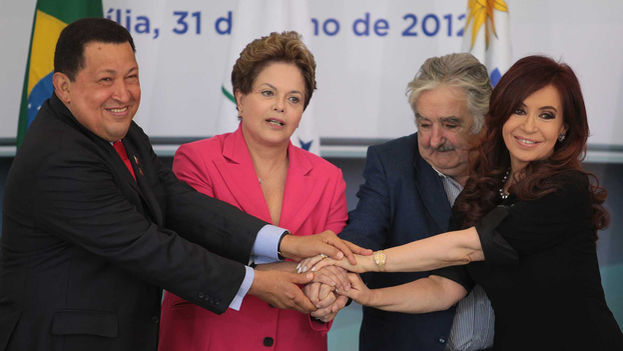
![]() 14ymedio, Carlos Alberto Montaner, Miami, 24 November 2018 — Guy Sorman is a notable French thinker. He recently published an article in ABC de Madrid entitled “The future recedes in Latin America.” It is a brilliant and desperate text. Well meaning, but desperate.
14ymedio, Carlos Alberto Montaner, Miami, 24 November 2018 — Guy Sorman is a notable French thinker. He recently published an article in ABC de Madrid entitled “The future recedes in Latin America.” It is a brilliant and desperate text. Well meaning, but desperate.
He goes on to say that in Latin America we have tried everything, and everything, uselessly, we have pulverized. Liberalism in Argentina, originating with Alberdi and Sarmiento. The enlightened despotism of Mexico with Porfirio Diaz and his “scientists.” The statism with the Mexican Revolution of 1911. The military dictatorships of Pinochet and Stroessner, and the civilian dictatorships with Somoza and Fujimori. Communism with the Castros, with Chavez and Maduro, with the first Daniel Ortega (the second Daniel Ortega is Somoza revived, but with more homicidal furor).
The strange thing about our culture is that, instead of correcting what is wrong, we renounce our successes and insist, periodically, on our mistakes. It still reverberates, from time to time, the old Maoism at the hand of a wounded but not buried Shining Path, although Mao does not exist in China, beyond a rhetorical reverence. continue reading
It is amazing to hear Pablo Iglesias, the leader of “Podemos” in Spain, be envious of what is happening in Venezuela, as if he were willing to repeat in his own country the terrible devastation that occurred in the once prosperous oil paradise.
I remember a young woman from Guayaquil screaming at me, incensed, that “in Ecuador we need a couple of Tirofijos.” She was referring to the Colombian bandit who caused so many losses to his native country. The incident took place at the Catholic University of Guayaquil. The appearance of the truculent girl – blonde, beautiful, green-eyed, well-dressed – was bourgeois.
Why did the Argentines interrupt the impetuous road to development and prosperity they had followed until Hipólito Yrigoyen was deposed by a fascist military coup in 1930? In Argentina there were problems, but none prevented the country from being part of the First World in almost all aspects, and especially in education. That coup was the prologue to Peronism and the total collapse of the Argentine miracle that had begun with the liberal Constitution of 1853.
Why was Fidel Castro not able to understand, in 1959 – when he, his brother Raúl, Che and another small group of communists clung to the Soviet model and chose the path of totalitarianism – that there were enough indications (for example, the German and Austrian miracle) that demonstrated the superiority of “liberal democracy” instituted by the economist Ludwig Erhard?
Such was Fidel’s ideological blindness that he was not even able to understand the example of his own father, Angel Castro, a humble Galician peasant, astute as a fox and laborious as an ant, who, when he died in 1957, bequeathed to his family capital of eight million dollars, an agricultural company that gave jobs to dozens of people, a school, and even a cinema run by Juanita Castro, a contemporary of Raúl, who has been exiled in Miami since the 1960s.
Sorman, who knows in depth the bloody history of Europe, rightly alleges that “in Europe the ancient nations, very different from each other for centuries, are gradually coming to an agreement on the best possible regime, liberal democracy.” While in Latin America “everyone cultivates their uniqueness, learns nothing from their neighbor and the exchanges are practically nonexistent.”
We are not able to perceive the leap towards modernity and development Chile has been given, today a country on the threshold of the First World through a fortunate combination of markets, private property, control of public spending, and national savings – thanks to the reviled pension plan created by the economist José Piñera – and freedoms.
Why do not we correct the shortcomings and adjust what is worth saving instead of undoing everything and moving to the other direction of the pendulum, as president-elect Andres Manuel Lopez Obrador promises to do in Mexico, to the terror of investors?
The United States, which unwittingly created “liberal democracy” after 1787, when it promulgated the country’s first and only Constitution, grew little by little, modifying the course with each election, wise to the extraordinary importance of placing everyone under the rule of law.
Will the example of Chile catch on? I don’t know. I hope so, but when one sees the destructive vocation of the left and the extreme right, what happens to Guy Sorman happens to you: you are overcome by total and absolute despair.
___________________________________
The 14ymedio team is committed to serious journalism that reflects the reality of deep Cuba. Thank you for joining us on this long road. We invite you to continue supporting us, but this time by becoming a member of 14ymedio. Together we can continue to transform journalism in Cuba.


